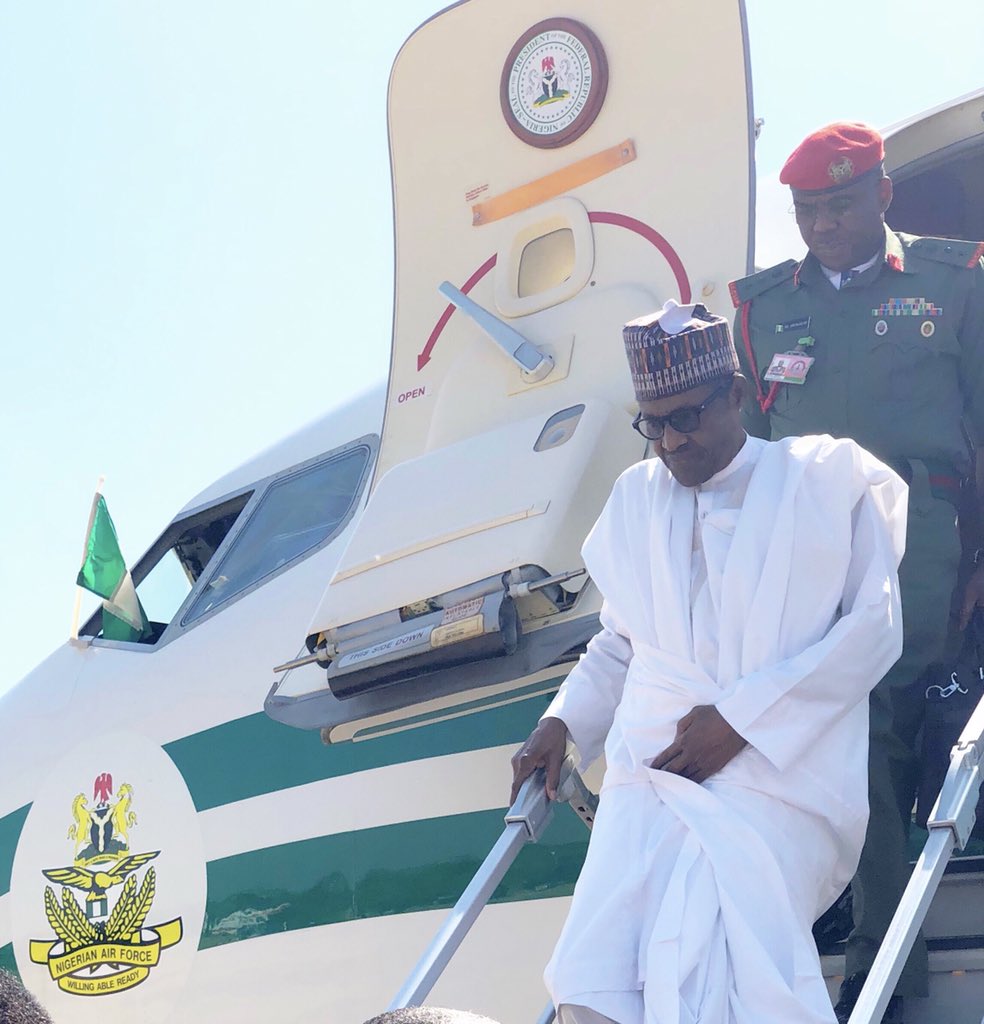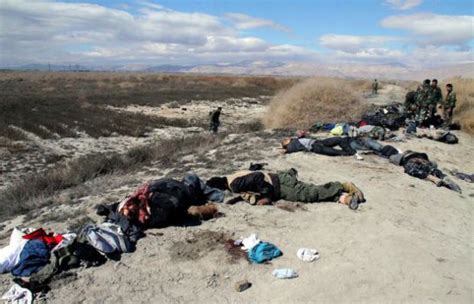
Cameroon: A boy displays Ambazonia flag
Tough Time for Cameroon Separatists, Bamenda Locked down
Business activities in the English-speaking city of Cameroon, Bamenda has been locked down following onslaught against leaders of the Ambazonia separatist movement.
ALSO READ:
Biya Silences Ambazonia Separatists As Leaders Get Life Sentences
10 of the separatists’ leaders, including Sisiku Ayuk Tabe has been sentenced to life imprisonment for their roles “against the state of cameroon”.
Reports say violence erupted in Bamenda following a military court pronouncement against Tabe and the other nine.
“Businesses have been shut and people have been staying at home after shooting between separatist rebels and soldiers” a city resident told BBC Newsday.
He said people in the city, which has the biggest English-speaking population in Cameroon, were despondent about there ever being a way out of the crisis through mediation and dialogue
Cameroon’s English-speakers say they have been marginalised for decades by the central government and the French-speaking majority
Protests over the increasing use of French in courts and schools in Cameroon’s English-speaking heartlands, the North-West and South-West regions, morphed into violence in 2017 and a call for an independent state.
“It’s like the end time is near for the people of Bamenda,” the resident said.
“The act of the military court sentencing these leaders has actually given the impression to the population that there is no hope.”
Cameroon government moved vigorously against separatist movement in the Southern Cameroon, the Ambazonia– the name separatists have given to Cameroon’s Anglophone North-West and South-West regions— as the leader of the movement, Sisiku Ayuk Tabe, and nine of his followers have been given life sentences by a military court in the capital, Yaoundé.
ALSO READ: Voice From Prison: Cameroon: Let My People Go, By Sissiku J Ayuktabe
The current crisis started in 2016 when lawyers and teachers went on strike over the use of French in courts and schools.
In October 2017, activists declared autonomy over the two English-speaking regions – a move rejected by Cameroon’s President Paul Biya.
Some took up arms in 2017 and the crisis has forced more than 500,000 people from their homes.
They were convicted of rebellion, among other charges.
Their lawyers accused the judge of bias and withdrew from the proceedings.
The English-speaking separatists argue they are marginalised by the bureaucracy and school system in the majority French-speaking country.
The defendants had been arrested in Nigeria in January 2018 and deported back to Cameroon.
The court session on the verdicts, which started on Monday, went on until 05:30 (04:30 GMT) local time Tuesday morning, reports the BBC’s Leocadio Bongben.
By that time the defence lawyers had already withdrawn from the proceedings but continued to stay in the court as spectators.
Defence barrister Joseph Fru said there were irregularities in the proceedings, including the judge’s biases, but the military court rejected his evidence.
The long list of charges included rebellion, complicity in terrorism, financing terrorism, revolution, insurrection, hostility against the state, propagation of fake news and lack of identification.
The court also ordered the 10 to pay a fine of 250bn CFA francs ($422m; £359m) to the government for civil damages and 12bn CFA francs for court costs.
On 1 January 1960, the French colony of Cameroun gained independence and became Cameroon.
On 1 October 1960, Nigeria gained independence from the UK.
The UK also controlled the former German colony of Cameroon. At independence, its citizens were given a choice of joining either Nigeria or Cameroon.
Southern Cameroonians opted to unite with Cameroon, while Northern Cameroon joined Nigeria. (With BBC Report)




Recent Comments